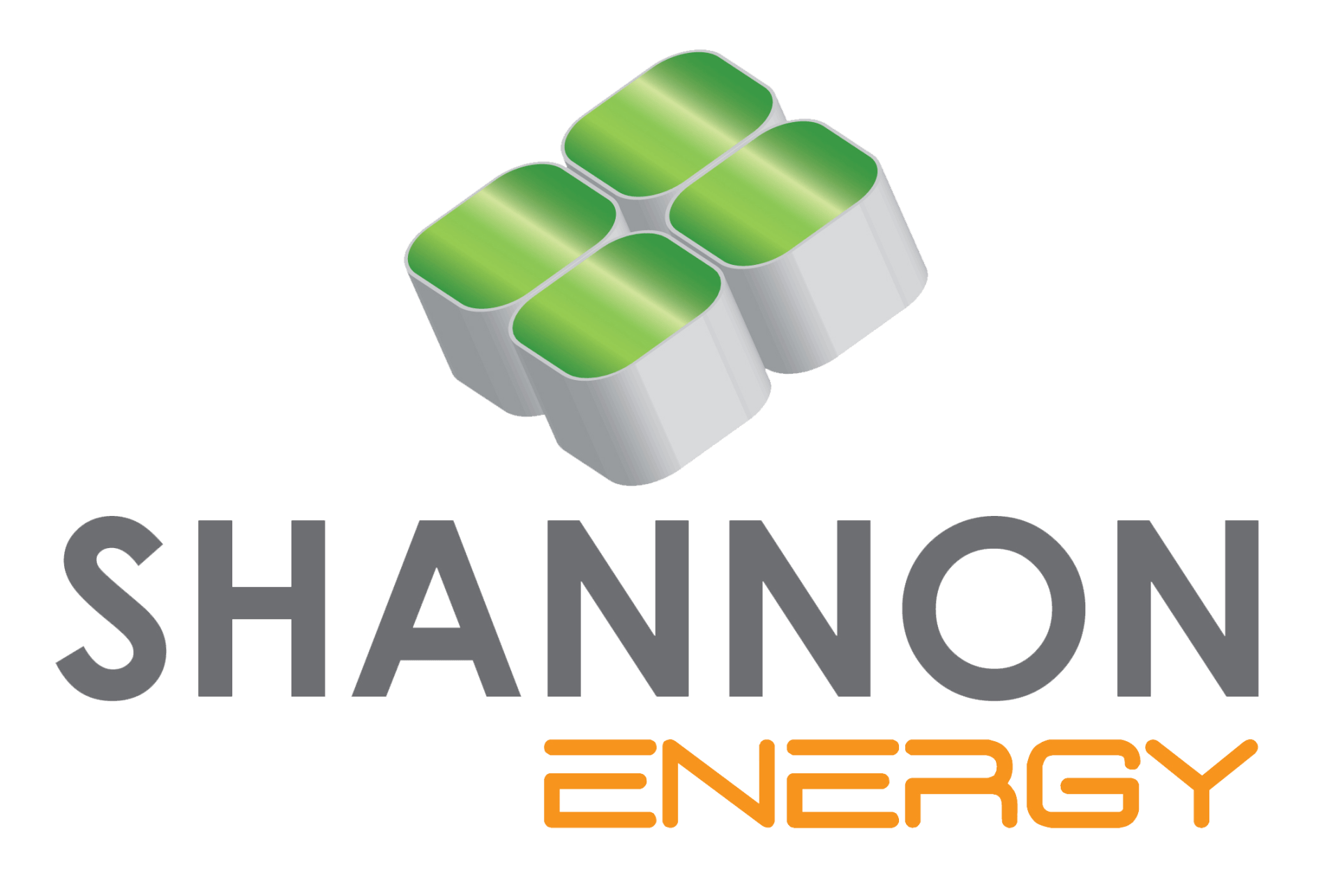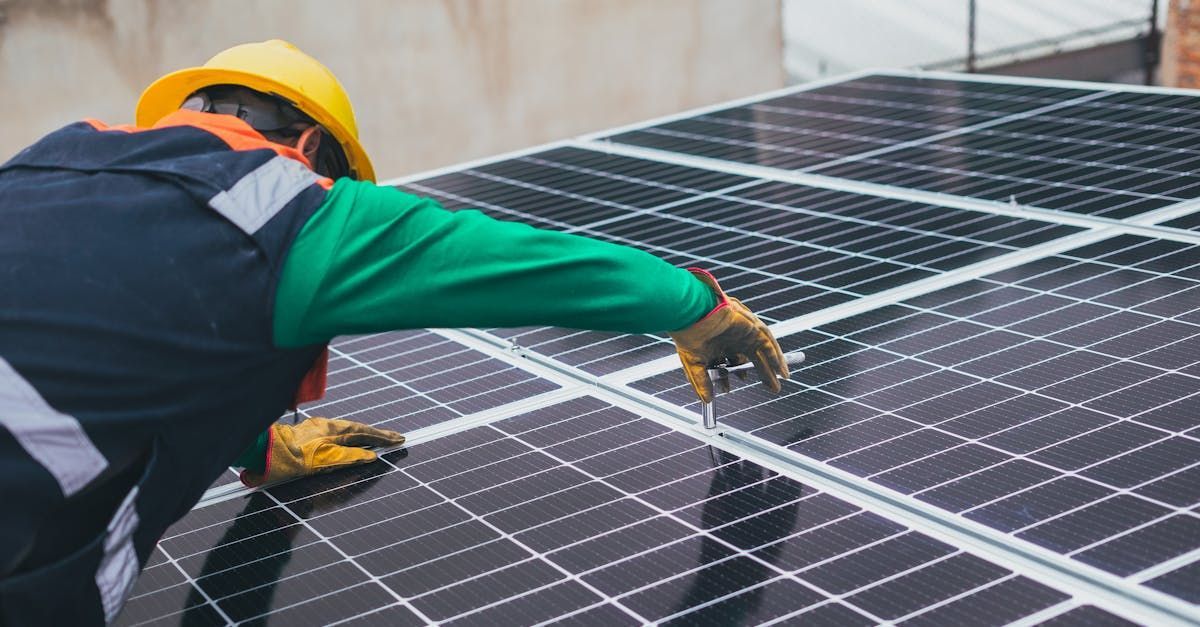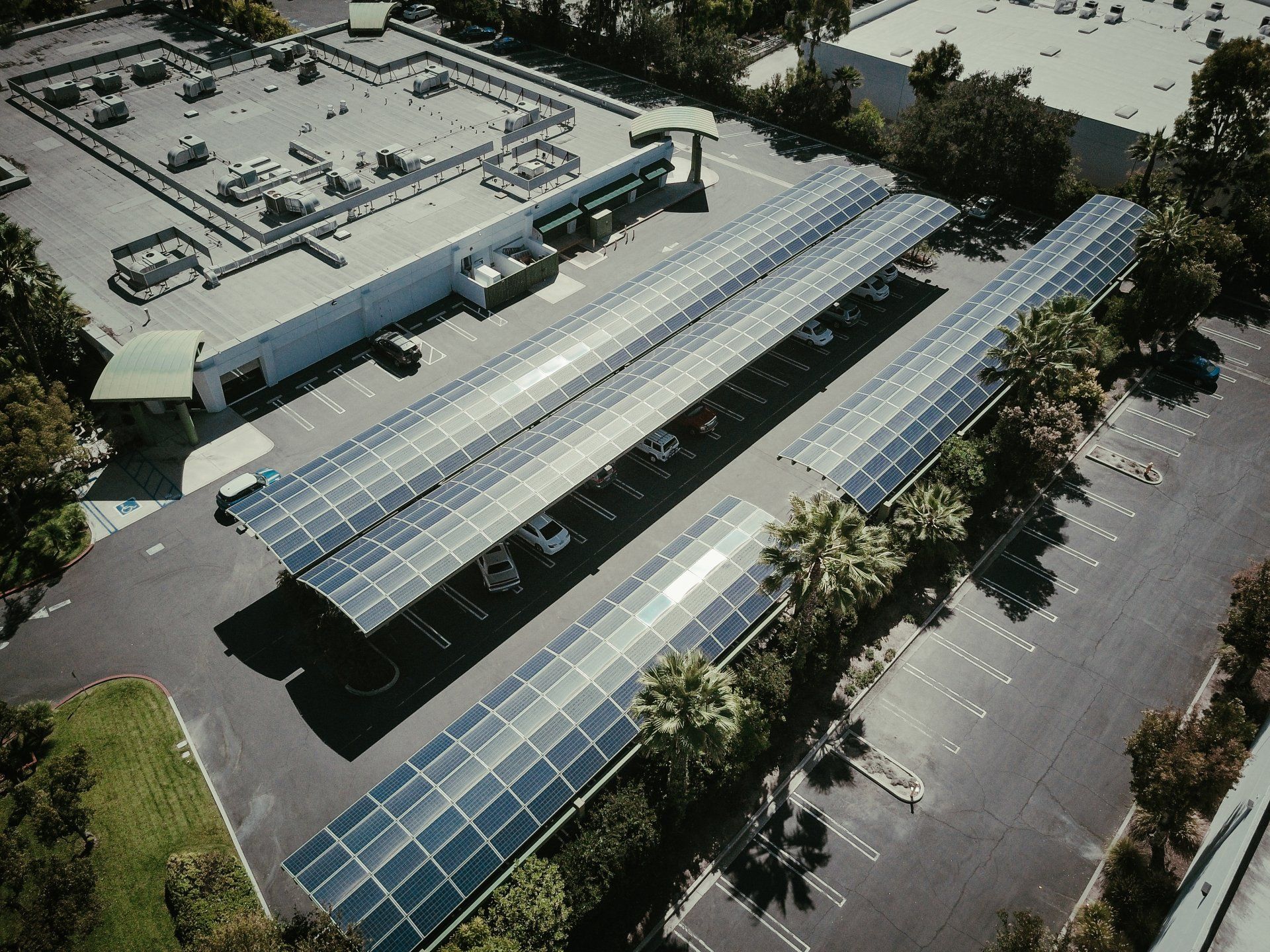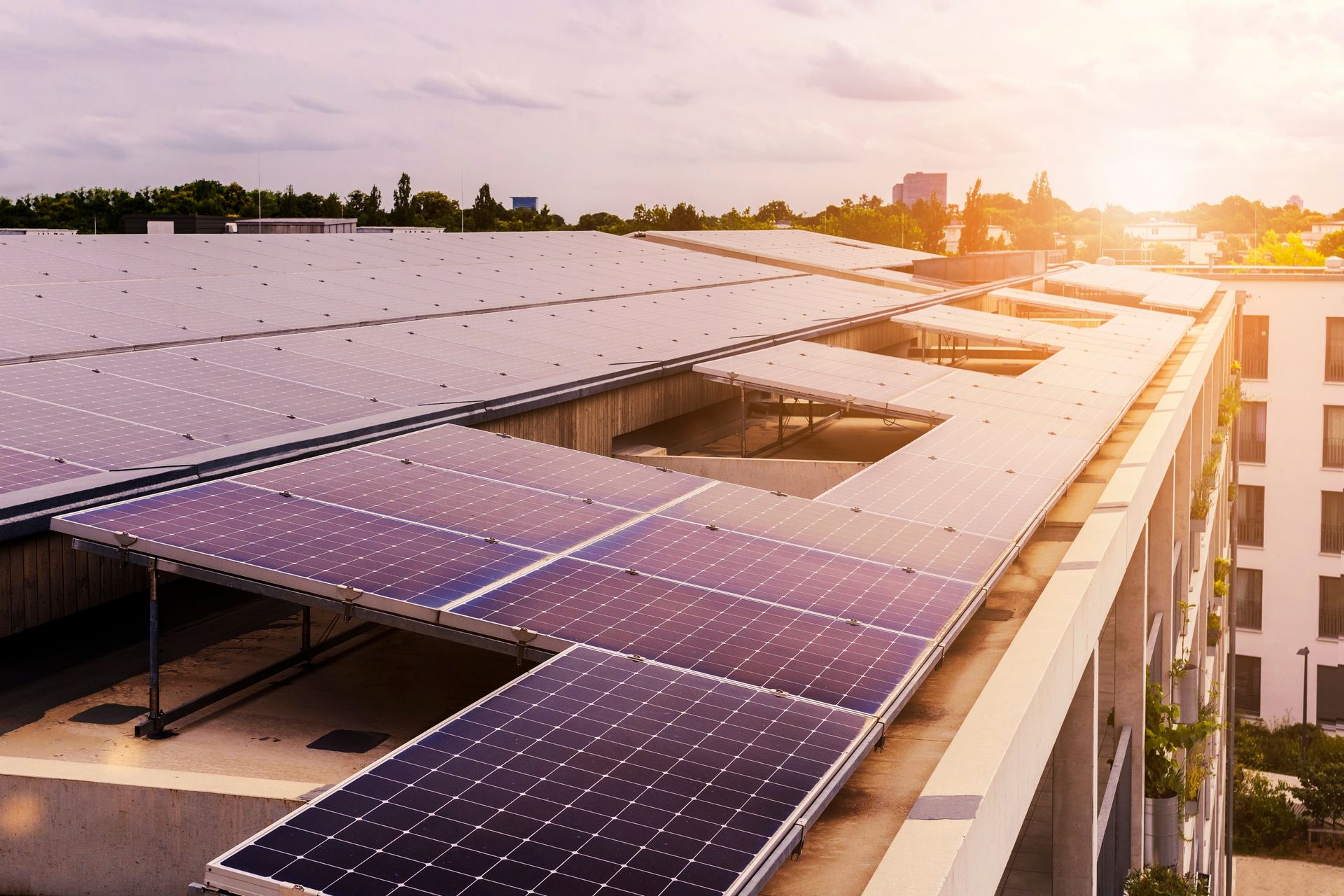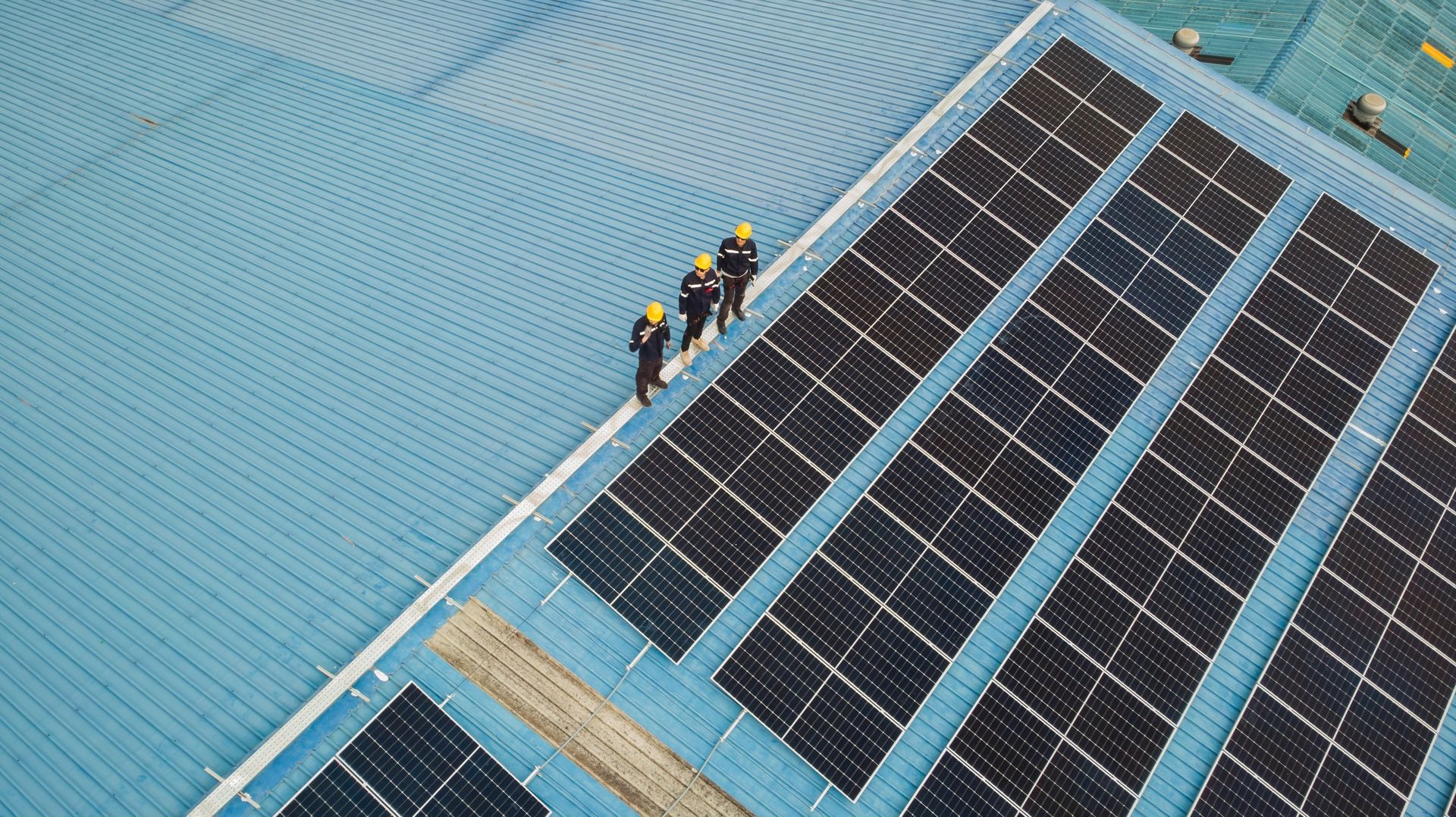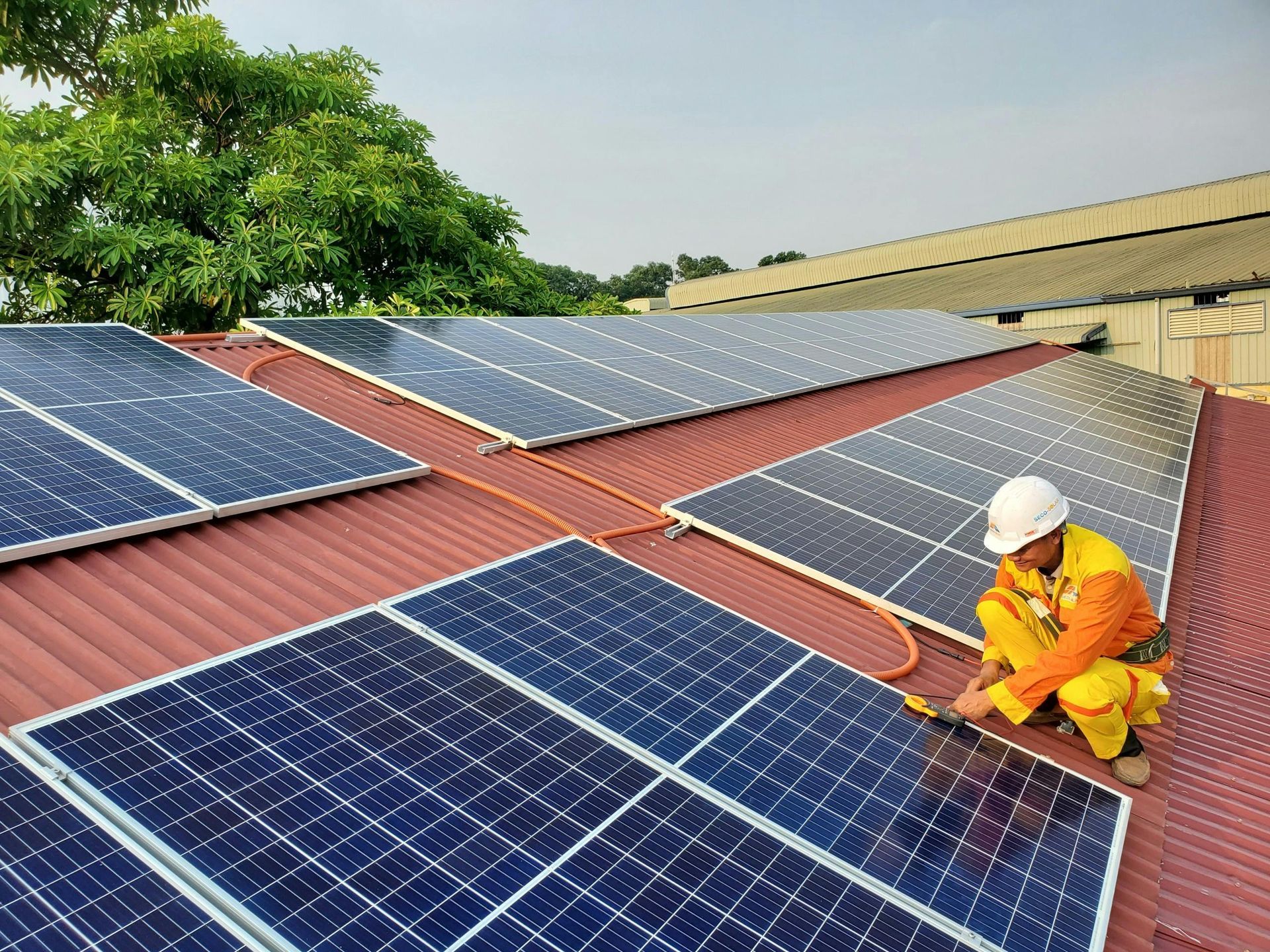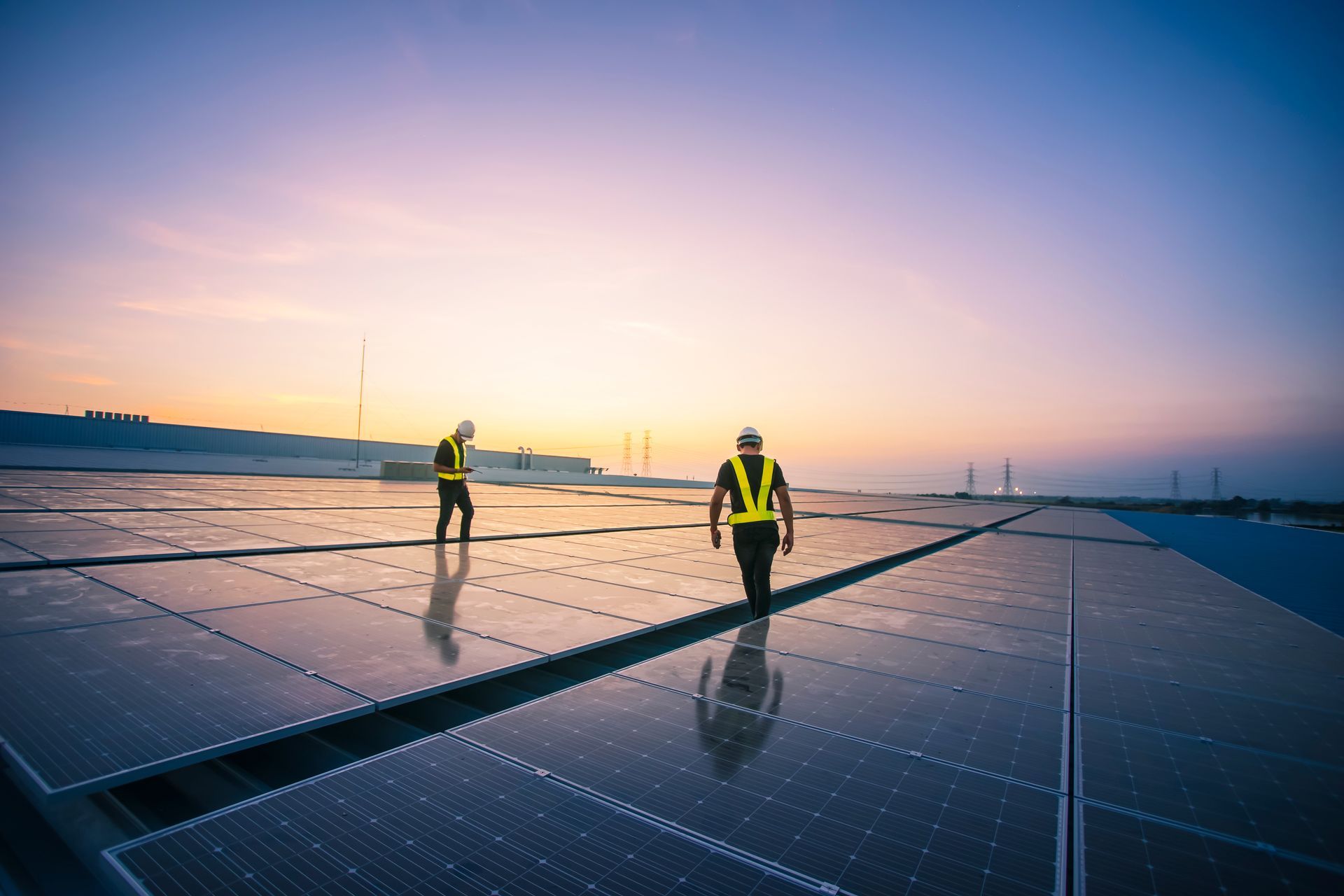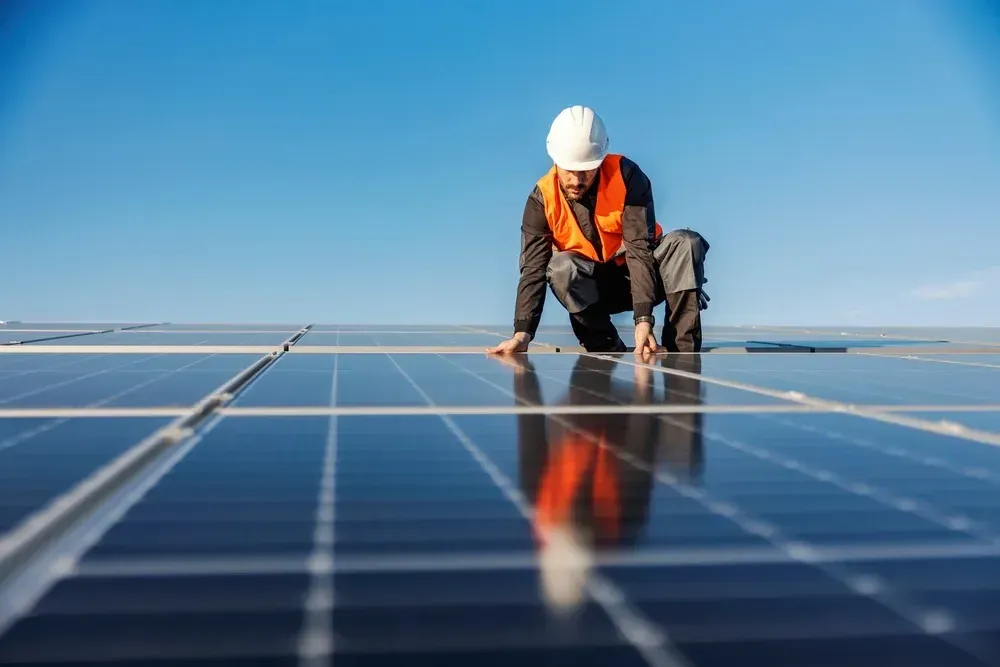How Rooftop Solar Can Boost Your ESG Accreditation
As companies increasingly prioritise sustainability, Environmental, Social, and Governance (ESG) accreditation has become a benchmark for responsible business practices. Many organisations are realising that rooftop solar can play a key role in achieving ESG accreditation by contributing to environmental impact goals, supporting social responsibility, and enhancing governance practices. Let’s dive into how rooftop solar can benefit each of these areas, driving both ESG credentials and long-term value
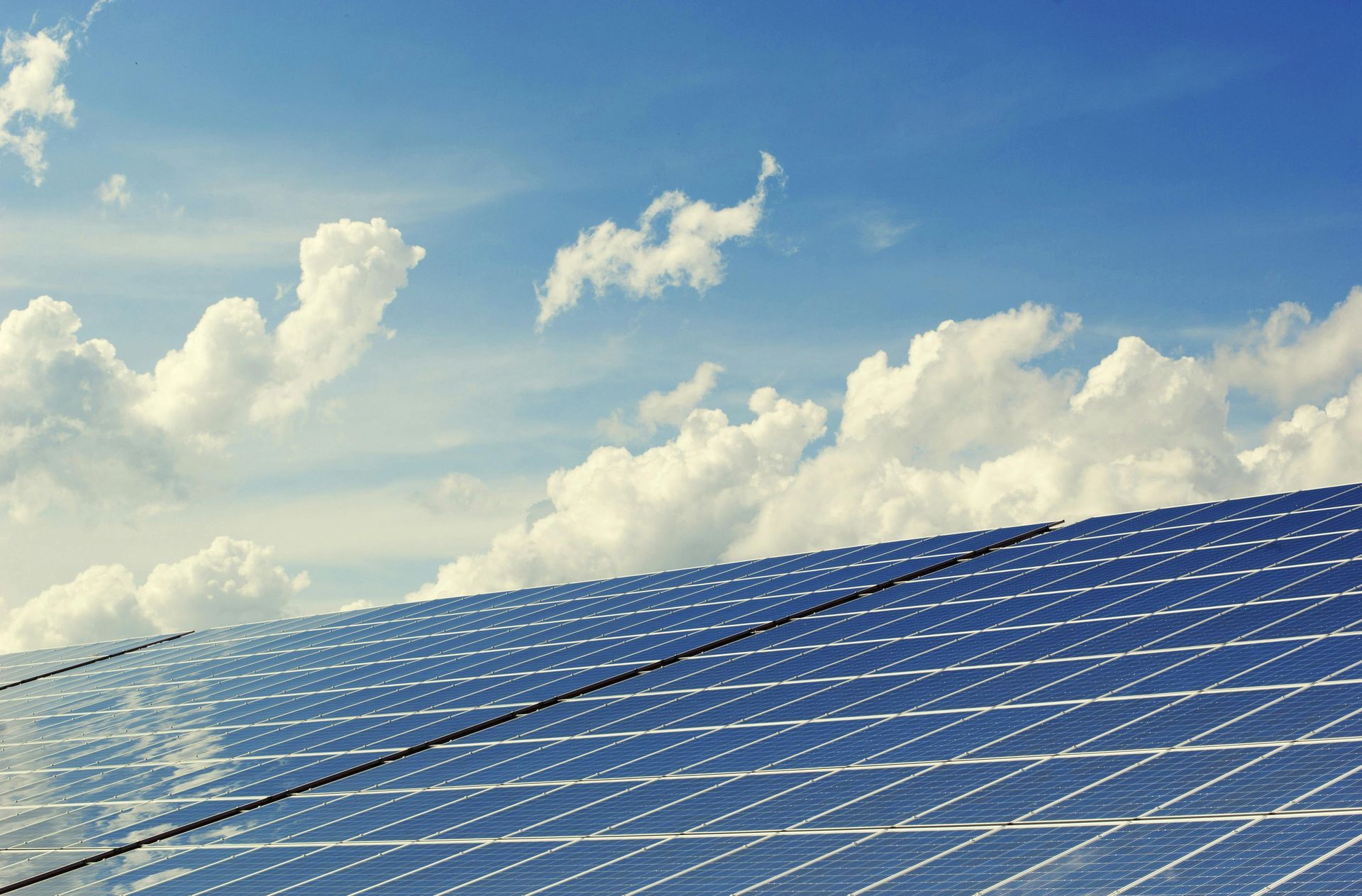
.
1. Solar’s Impact on Environmental Standards
One of the strongest arguments for rooftop solar is its environmental benefit. Solar power aligns with the “E” in ESG by reducing carbon emissions, lowering energy consumption, and supporting renewable energy use.
- Lower Carbon Footprint: Solar power is one of the cleanest energy sources available. By generating electricity on-site, rooftop solar reduces reliance on the grid and fossil fuels, effectively cutting greenhouse gas emissions and aligning with carbon reduction goals. For companies targeting net-zero emissions, solar is an impactful, measurable step.
- Enhanced Energy Efficiency: On-site renewable energy production also decreases the overall demand from conventional power sources. This improves energy efficiency, which is often a key criterion in ESG frameworks and environmental certifications like LEED and BREEAM.
- Support for Green Certifications: Many green certifications for buildings prioritise renewable energy. Incorporating solar into your building’s energy portfolio is a powerful way to support these certifications, which further strengthens ESG credentials and demonstrates a strong commitment to sustainability, keeping investors, stakeholders and employees happy.
2. Solar’s Contribution to Social Responsibility
Investing in solar isn’t just about the environment; it also reflects a commitment to the broader community and can enhance a company's social impact—essential for meeting the “S” in ESG.
- Positive Community Impact: A solar installation is a visible commitment to sustainability, which can foster goodwill in the community. It signals to clients, tenants, and the public that your organisation is actively working to reduce its environmental footprint and embrace renewable energy. This can positively shape how your company is perceived within the local community.
- Employee and Stakeholder Engagement: Companies increasingly find that employees and stakeholders are motivated by sustainable initiatives. Installing rooftop solar demonstrates that the company is actively involved in climate responsibility, a quality that can enhance morale and help attract talent. Employees often feel more engaged and proud to work for organisations that prioritise a sustainable future, which contributes positively to corporate culture and brand reputation.
3. Solar’s Role in Governance and Transparency
Transparent governance and accountability practices are essential for any ESG-aligned organisation, and solar energy directly supports these principles, contributing to the “G” in ESG.
- Transparent Reporting: Solar power production is easily monitored, providing concrete data on renewable energy usage that can be shared in ESG reports. This transparency strengthens your company’s governance by offering clear metrics for stakeholders and ESG auditors, showcasing how the organisation meets its sustainability commitments. Most solar PV installations now offer the opportunity to showcase your carbon impact in real time, a nice addition to any commercial reception area.
- Financial Responsibility and Stability: While rooftop solar requires an initial investment, it leads to long-term savings on electricity bills and provides protection against volatile energy costs. This forward-thinking approach to financial management aligns with responsible governance practices, supporting fiscal responsibility, which is a key factor in ESG performance.
Why Solar Matters for ESG Accreditation
ESG accreditation involves demonstrating measurable, positive impacts across environmental, social, and governance criteria. A rooftop solar installation provides direct, tangible benefits in each of these areas, positioning companies to not only achieve ESG goals but also gain the economic and reputational rewards associated with them.
In cities like Dublin, where sustainability and green building practices are increasingly prioritised, rooftop solar is a strategic asset for ESG accreditation. Whether you’re a building owner, developer, or tenant, solar power is a powerful tool for boosting your environmental credentials, meeting corporate social responsibility goals, and enhancing governance practices.
Moving Forward with Rooftop Solar for ESG Success
Embracing rooftop solar is a valuable investment that enhances both sustainability and long-term business value. Beyond boosting ESG accreditation, it also future-proofs organisations against regulatory and market shifts towards renewable energy. By demonstrating a clear commitment to sustainability through solar, companies can position themselves strategically in a world rapidly transitioning to greener, cleaner practices.
If you’re considering rooftop solar as part of your ESG strategy, choosing the right solar installer is crucial to a successful and hassle-free installation. The expertise of a skilled, reliable installer not only ensures a safe and compliant installation but also maximises your solar system’s performance, helping you achieve both immediate and long-term sustainability goals.
At Shannon Energy, we’re dedicated to supporting clients on their journey to a sustainable future. Take the time to research and engage with your installer, and you'll be well on your way to harnessing the power of solar energy for your business. Shannon Energy can help you make your transition to solar energy smooth and safe, and aligned with your ESG objectives - just contact Kale@ShannonEnergy.com to learn more. Together, we’ll create a solar solution that brings measurable value to your ESG commitments and strengthens your sustainability profile for the future.
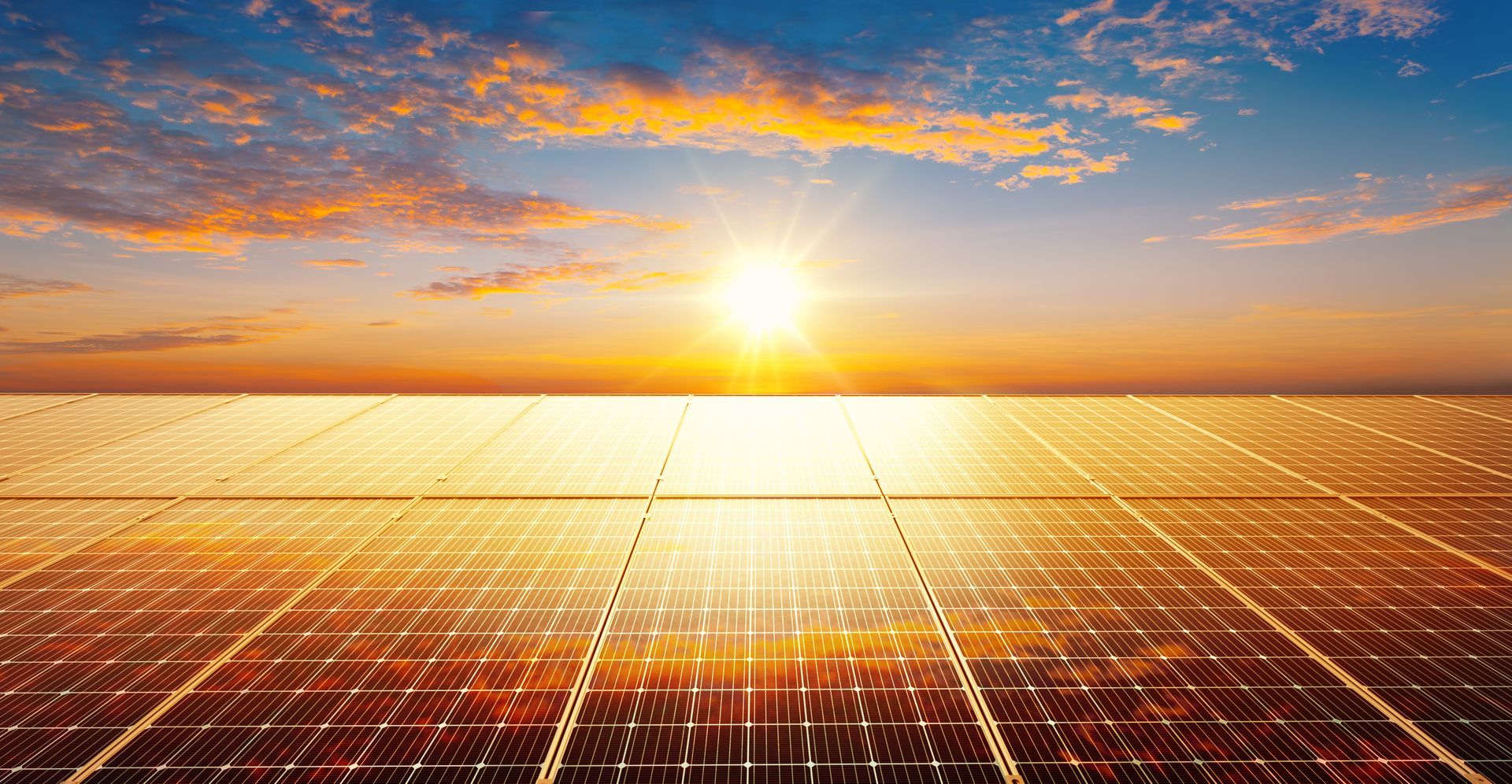
All Rights Reserved | Shannon Energy
